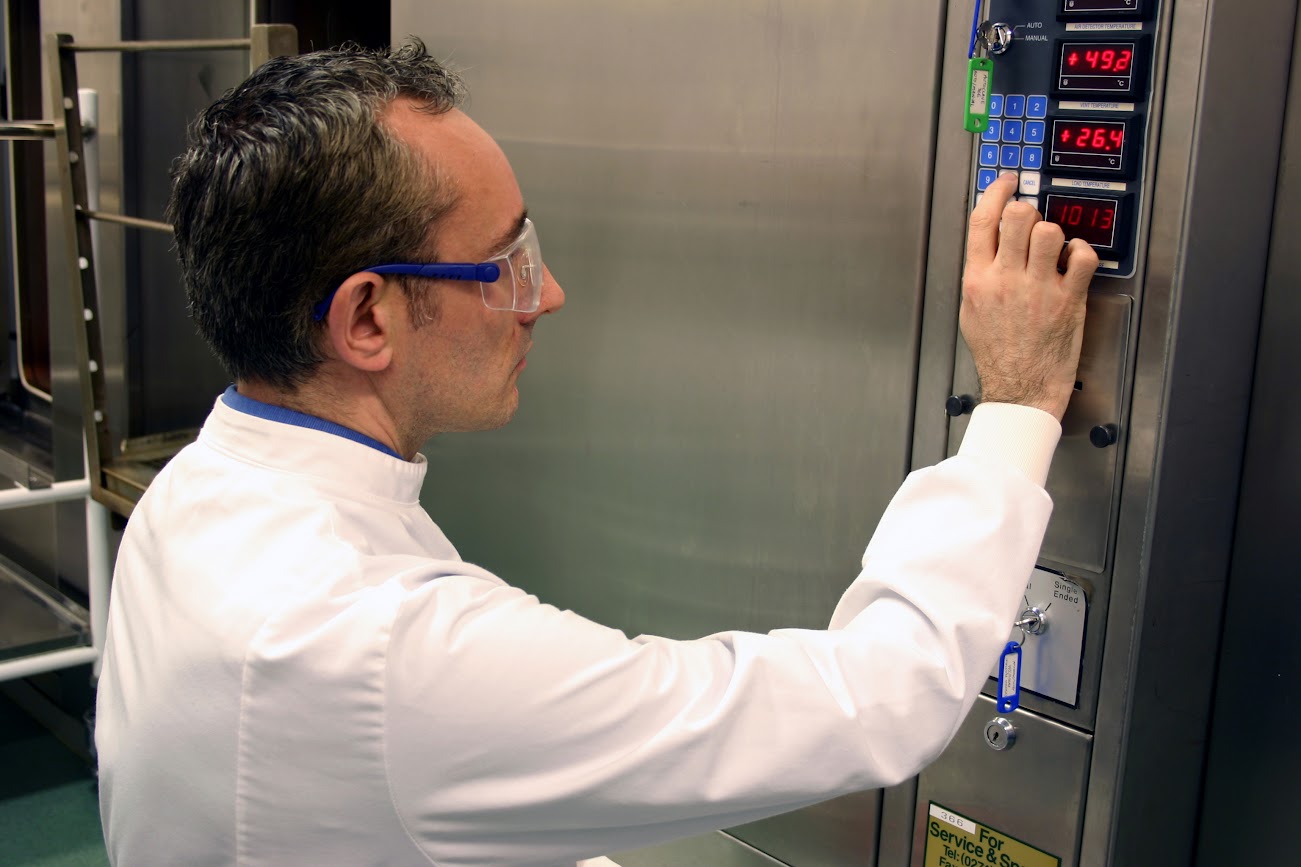Science
AI Transforms Research Data Management with FAIR2 System

Researchers have unveiled a groundbreaking artificial intelligence system aimed at addressing the significant issue of unused research data. The new algorithm, known as FAIR2 Data Management, is designed to enhance the usability and accessibility of scientific datasets that often remain trapped in laboratories or lost over time. Current estimates indicate that out of every 100 datasets produced, approximately 80 remain unshared, 20 are shared but rarely reused, and only one dataset typically leads to new findings.
The FAIR2 Data Management system, developed by the open-science publisher Frontiers, combines multiple essential processes into a single platform. This AI-powered approach aims to make datasets both reusable and properly credited, incorporating curation, compliance checks, AI-ready formatting, peer review, an interactive portal, certification, and permanent hosting. By centralizing these elements, FAIR2 hopes to translate today’s research investments into rapid advancements in fields such as health, technology, and sustainability.
Understanding FAIR Principles
The FAIR2 system builds upon the established FAIR principles—Findable, Accessible, Interoperable, and Reusable—first outlined in a March 2016 paper published in the journal Scientific Data. These principles aim to improve the sharing and utility of research data, a goal that was endorsed by G20 leaders during the Hangzhou summit that same year. The introduction of the FAIR2 Data Management system marks a significant step towards creating a real, scalable infrastructure that can turn high-level principles into practical solutions for researchers.
As the volume of research output continues to surge, the role of artificial intelligence in facilitating discoveries becomes increasingly vital. The FAIR2 system streamlines previously labor-intensive tasks, such as organizing and verifying datasets and generating metadata, reducing what once took months to mere minutes through the AI Data Steward, developed by Senscience, the Frontiers venture behind FAIR2.
Impacts on Scientific Research
The implementation of FAIR2 is expected to tackle various challenges within the scientific community, including the slow progress in critical areas such as cancer treatment and the development of climate models that often lack robust evidence. Researchers who submit their data to the FAIR2 platform receive four integrated outputs: a certified Data Package, a peer-reviewed and citable Data Article, an Interactive Data Portal featuring visualizations and AI chat, and a FAIR2 Certificate. Each of these outputs is equipped with quality controls and clear summaries, making the data more understandable for users across different research disciplines.
One notable example of the data managed by FAIR2 is the Environmental Pressure Indicators (1990-2050) dataset. This comprehensive resource tracks emissions, waste, population, and GDP across 43 countries over six decades, serving as a critical tool for sustainability benchmarking and evidence-based climate policy planning.
The FAIR2 system also seeks to enhance the visibility and accessibility of research data, supporting responsible reuse by various stakeholders, including scientists, policymakers, practitioners, and even AI systems. This approach aims to maximize the value that society can extract from investments in scientific research.
In terms of reception from the scientific community, Dr. Ángel Borja, Principal Researcher at AZTI and part of the Basque Research and Technology Alliance (BRTA), commented on the system’s benefits, stating, “I highly recommend using this kind of data curation and publication of articles, because you can generate information very quickly and it’s useful formatting for any end users.”
The introduction of the FAIR2 Data Management system represents a significant advancement in scientific data management, promising to reshape how researchers handle and share their findings. By making datasets more accessible and ensuring they receive proper recognition, FAIR2 aims to foster a more collaborative and efficient scientific community.
-

 Lifestyle2 months ago
Lifestyle2 months agoWinnipeg Celebrates Culinary Creativity During Le Burger Week 2025
-

 Health2 months ago
Health2 months agoMontreal’s Groupe Marcelle Leads Canadian Cosmetic Industry Growth
-

 Science2 months ago
Science2 months agoMicrosoft Confirms U.S. Law Overrules Canadian Data Sovereignty
-

 Science2 months ago
Science2 months agoTech Innovator Amandipp Singh Transforms Hiring for Disabled
-

 Education2 months ago
Education2 months agoRed River College Launches New Programs to Address Industry Needs
-

 Technology2 months ago
Technology2 months agoDragon Ball: Sparking! Zero Launching on Switch and Switch 2 This November
-

 Technology3 weeks ago
Technology3 weeks agoDiscord Faces Serious Security Breach Affecting Millions
-

 Education2 months ago
Education2 months agoBrandon University’s Failed $5 Million Project Sparks Oversight Review
-

 Technology2 months ago
Technology2 months agoGoogle Pixel 10 Pro Fold Specs Unveiled Ahead of Launch
-

 Science2 months ago
Science2 months agoChina’s Wukong Spacesuit Sets New Standard for AI in Space
-

 Technology2 months ago
Technology2 months agoWorld of Warcraft Players Buzz Over 19-Quest Bee Challenge
-

 Education2 months ago
Education2 months agoAlberta Teachers’ Strike: Potential Impacts on Students and Families
-

 Business2 months ago
Business2 months agoDawson City Residents Rally Around Buy Canadian Movement
-

 Technology3 weeks ago
Technology3 weeks agoHuawei MatePad 12X Redefines Tablet Experience for Professionals
-

 Business2 months ago
Business2 months agoNew Estimates Reveal ChatGPT-5 Energy Use Could Soar
-

 Science2 months ago
Science2 months agoXi Labs Innovates with New AI Operating System Set for 2025 Launch
-

 Technology2 months ago
Technology2 months agoFuture Entertainment Launches DDoD with Gameplay Trailer Showcase
-

 Technology2 months ago
Technology2 months agoInnovative 140W GaN Travel Adapter Combines Power and Convenience
-

 Business1 month ago
Business1 month agoRocket Lab Reports Strong Q2 2025 Revenue Growth and Future Plans
-

 Technology2 months ago
Technology2 months agoGlobal Launch of Ragnarok M: Classic Set for September 3, 2025
-

 Business2 months ago
Business2 months agoBNA Brewing to Open New Bowling Alley in Downtown Penticton
-

 Technology2 months ago
Technology2 months agoNew IDR01 Smart Ring Offers Advanced Sports Tracking for $169
-

 Technology2 months ago
Technology2 months agoArsanesia Unveils Smith’s Chronicles with Steam Page and Trailer
-

 Health2 months ago
Health2 months agoGiant Boba and Unique Treats Take Center Stage at Ottawa’s Newest Bubble Tea Shop










